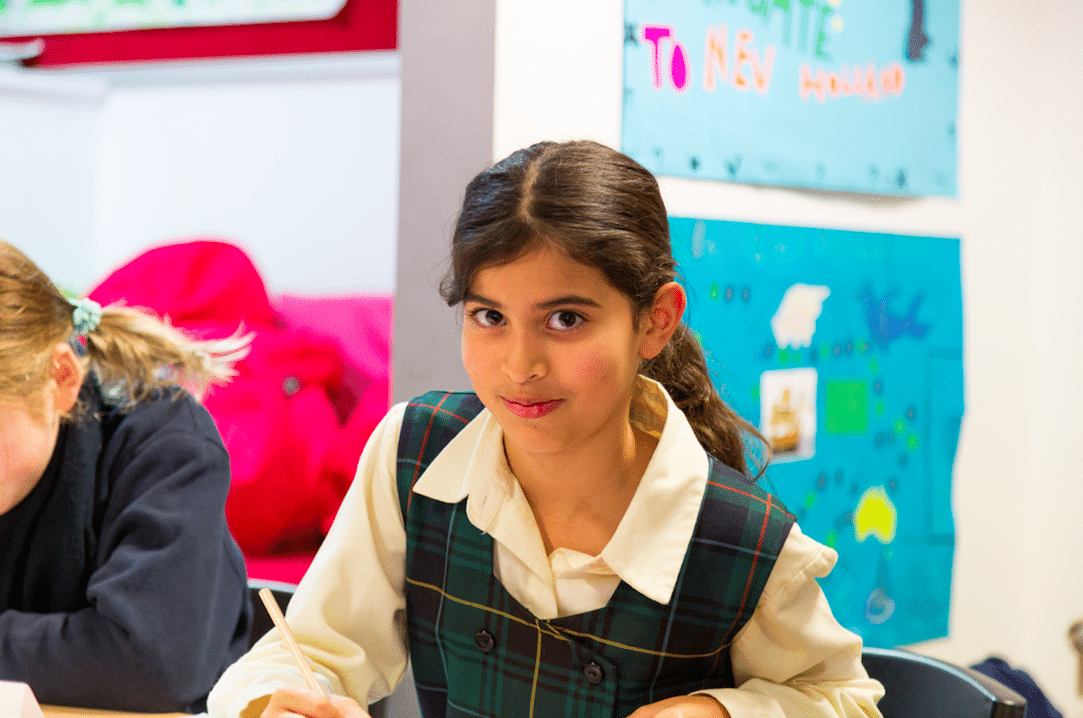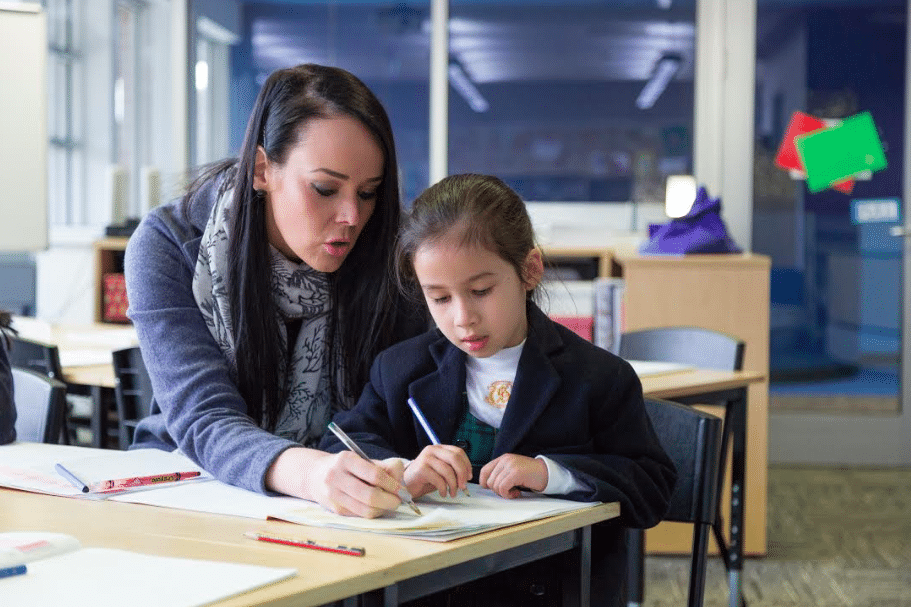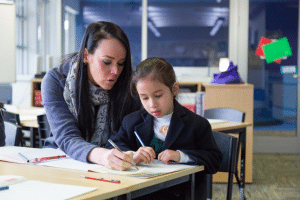Like most other people, I have a strong belief in the importance and sanctity of family life. As technology seeps through the protective walls of our family homes and so much seems to have changed, I thought it useful to consider families, how parental relationships with children begin, and how they change in each developmental stage.
In our society it is within the family that the crucial functions of care, attachment and protection of the child occur. When a baby is born, the family protects it from the unexpected intrusions of a world not yet known or understood. From the very first touch, parents and children begin to create a bond, as the infant grows, emotional attachments develop leading to a sense of security and safety for the child. As Bowlby (1969) observed through his extensive and ground-breaking research, good attachment gives the child a sense of having a secure base, and, with a secure base, the child feels supported enough emotionally to be able to gradually move away from the close proximity of the mother and explore the world around her. The child can then grow in self-confidence and self-competence, which in turn allows her to form relationships with other people.
Parents and teachers know instinctively that good learning is not possible unless a child feels emotionally secure.
A child who feels secure can form trusting relationships with peers and teachers. Emotional as well as intellectual growth develops through these relationships. This is why, at Strathcona, we invest time and effort into supporting the development of strong relationships in all the myriads of connection, forming part of our school life.
One of the important roles your family plays in the emotional development of your daughter is providing an environment which allows dependence of a high degree when it’s needed. However your daughter also needs opportunities to gradually break away from the parents to the family – from the family to the social unit outside the family – from that social unit to another and then another, in ever-widening circles. Both physically and psychologically, the family ‘holds’ the child in their embrace during the gradual movement from total dependence to growth, independence and adulthood.


Within the family, the infant is ‘held’ in the minds of her parents, just as importantly as she is held in their arms. This emotional ‘holding’ allows the infant to feel safe as she goes through the normal and necessary process of moving in and out of different emotional states until a sense of integration and competence develops. As she grows more confident in herself and those around her, she will begin to be able to perform the function of ‘holding’ herself together.
In a school setting, a student who feels emotionally and physically secure will feel secure in her ability to learn and apply herself fully to her studies. This child is able to ask questions confidently, seek assistance and draw strength from the support given. She feels secure enough to take risks in learning, knowing that she has the capacity to recover from mistakes made. In short, she has healthy intellectual and emotional resilience. Socially, this child relates well to teachers and other students and feels confident in her capacity to feel and express love – for herself and others.
Over the past decade, those who work in schools have found an increase in the anxiety of parents. In a quest to make life as easy as possible for her daughter and protect her from sadness, disappointment or hurt, schools are being constantly asked to move things around so that the daughter achieves what she thinks she wants. Each time this communicates to the child that her parents do not believe that she is able to manage or ‘hold’ herself together in a situation which may be difficult. If the school complies, the child is denied the opportunity to develop resilience, strength of character and belief in herself knowing she can survive and overcome challenging situations. She is becoming increasingly capable of managing her own self and life.
During the turbulent years of adolescence, there is a need for the family to tolerate and safely ‘hold’ the adolescent as she once more moves in and out of different levels of dependence, independence, competence and confidence, and towards completing the ‘tasks’ of the adolescent. This is to establish her adult identity and to develop the strength and resilience to cope with the vicissitudes of life. I believe strongly in this strange notion of ‘holding’ a child or a person in your mind. In times when little can be done as a parent to assist, the idea of thinking about her, or a group of caring people doing so and considering her, somehow assists in a way I have never understood, but seen to assist both parents and students again and again.


Within the family, the child learns some of life’s most important lessons. She will learn about love from the experience of being loved, nurtured and valued unconditionally. Parental love is based not on what she does, but on who she is. It is within the family that she will learn the most important message of all – the need to take other people seriously, to listen to them and to accept them as they are. Within the family, she learns about family values, that the whole matters more than the part, that one should not be quick to judge others, to be good, kind and generous.
Our families are crucial and precious. The best emotional and educational outcomes are possible for your daughter when the family and the School work together. It is hard to think of any institution more deserving of our recognition, support and protection, than the family.
I warmly look forward to sharing this partnership of raising and educating your daughter together and look forward to meeting the woman she will become.
Marise McConaghy
Principal


